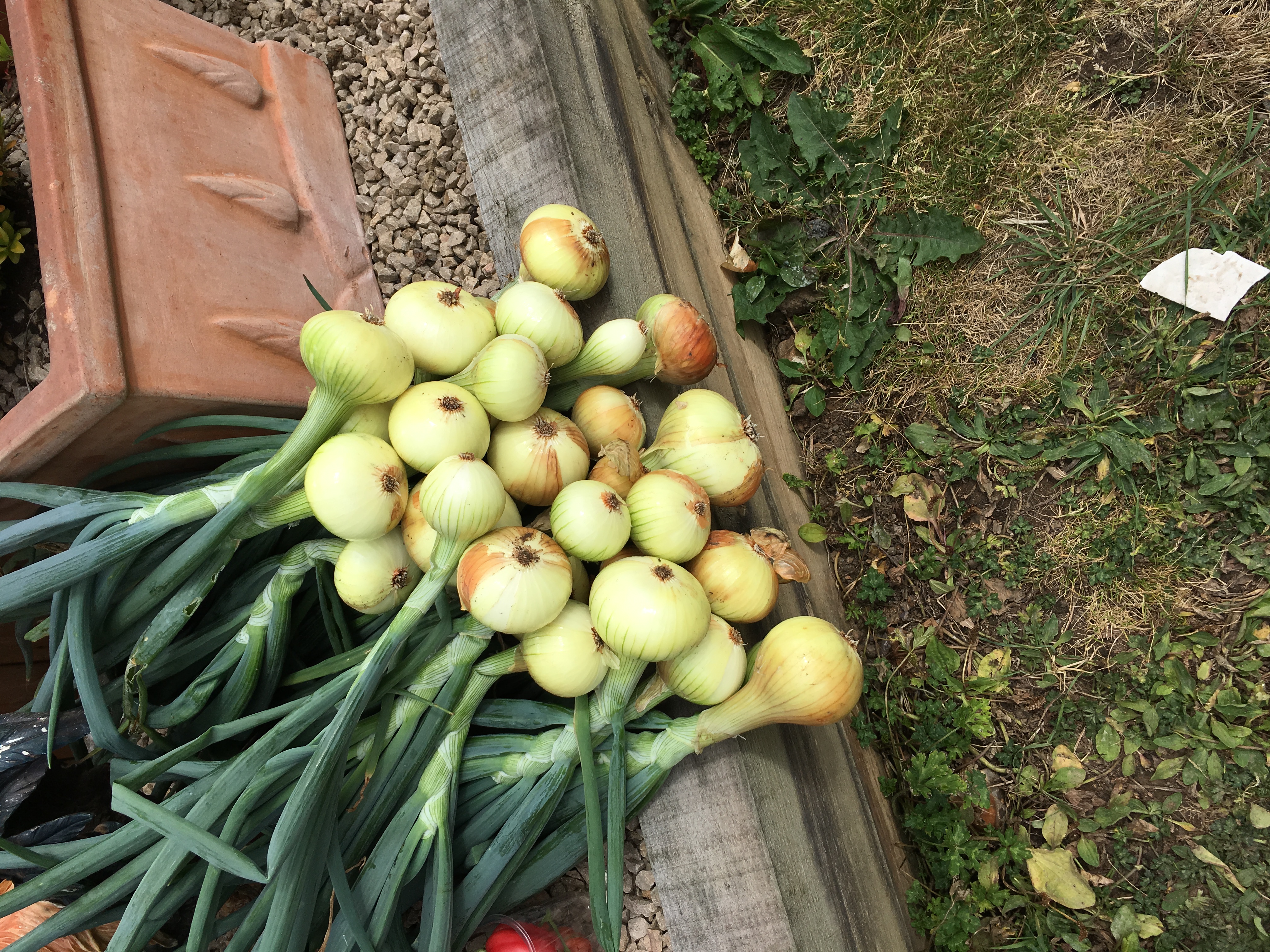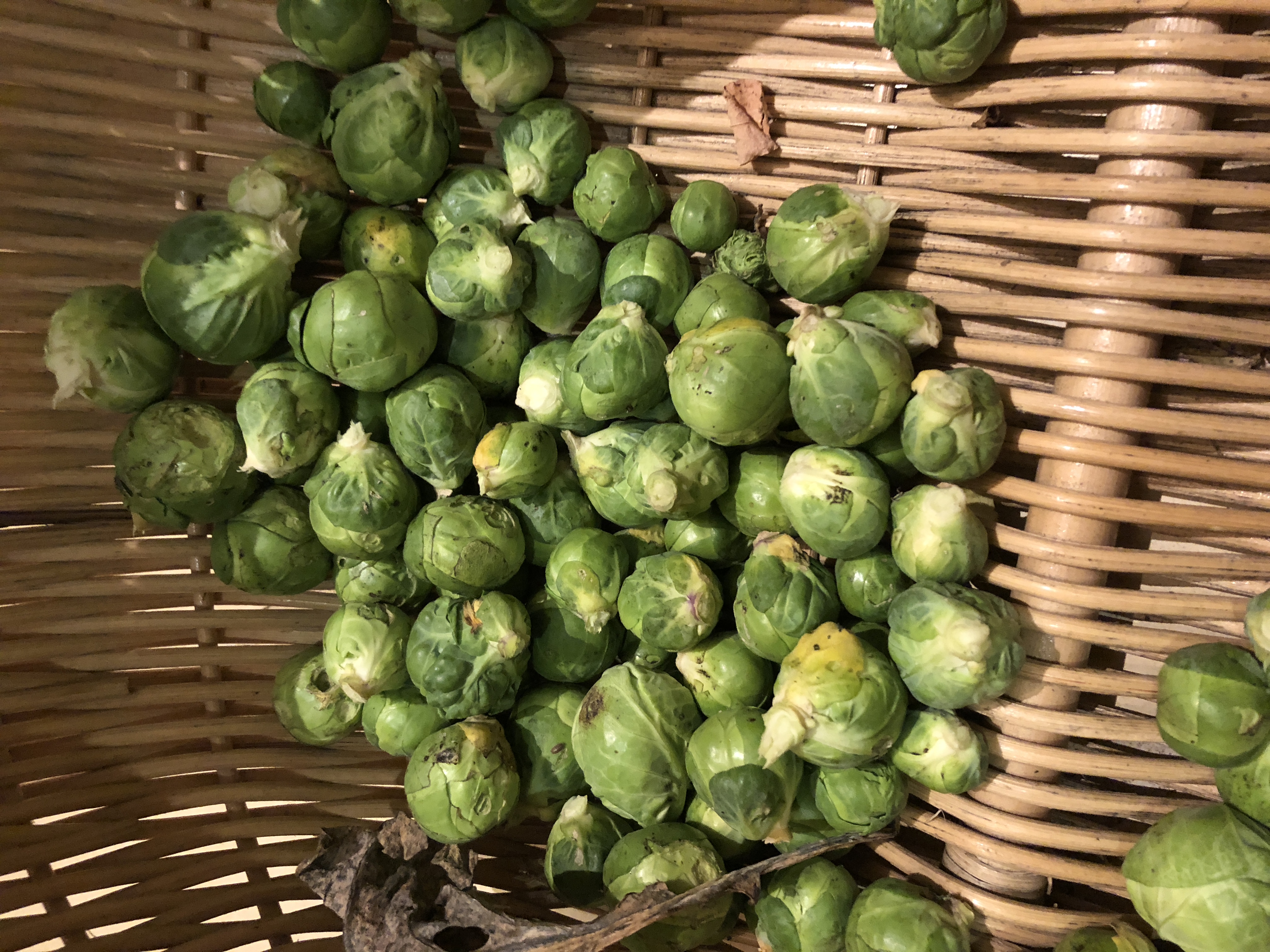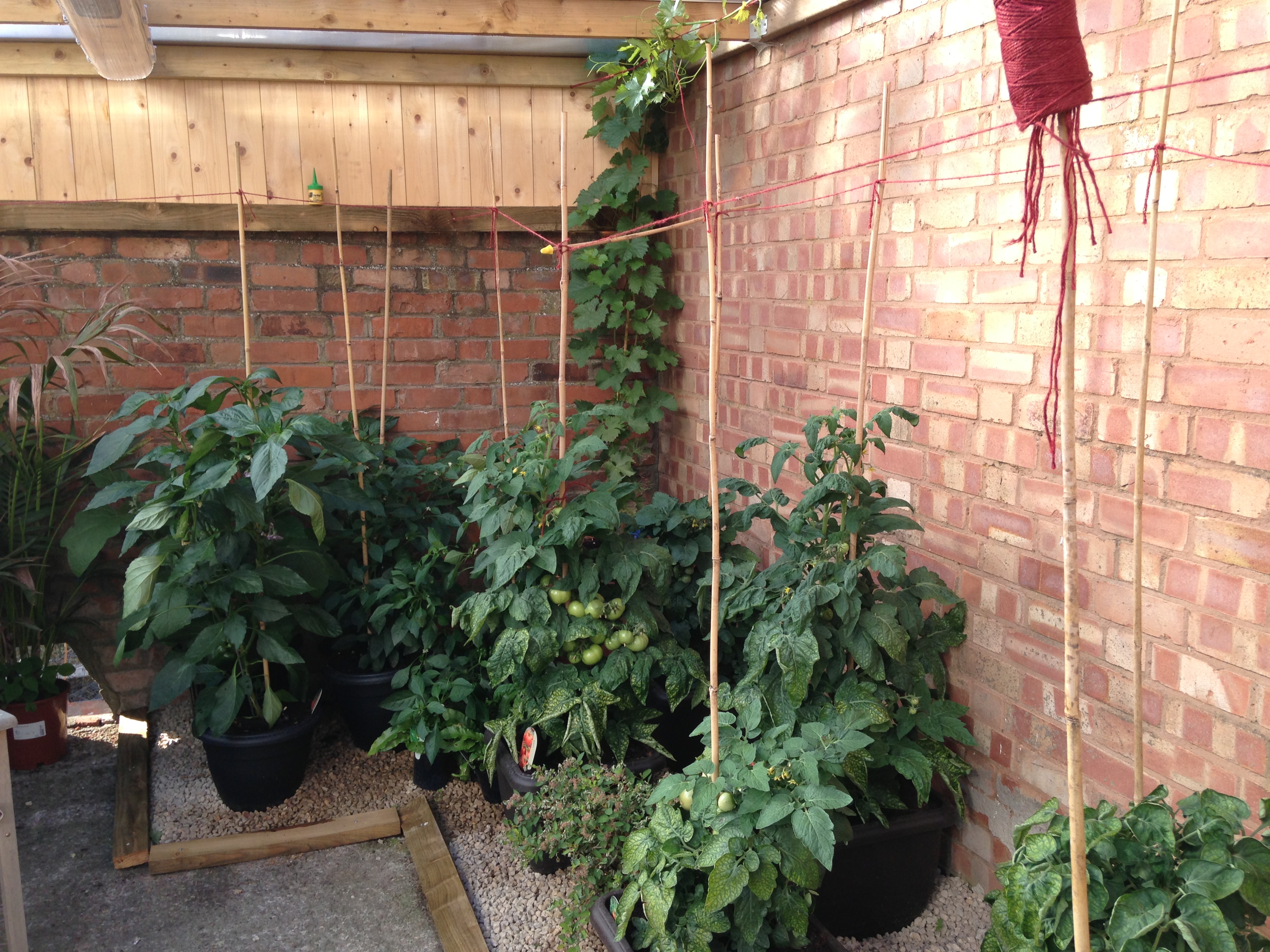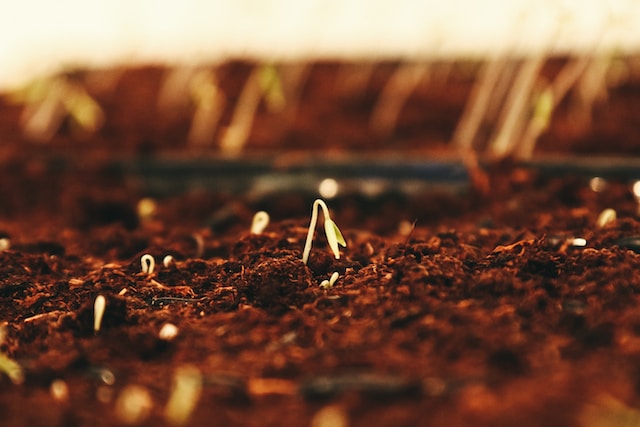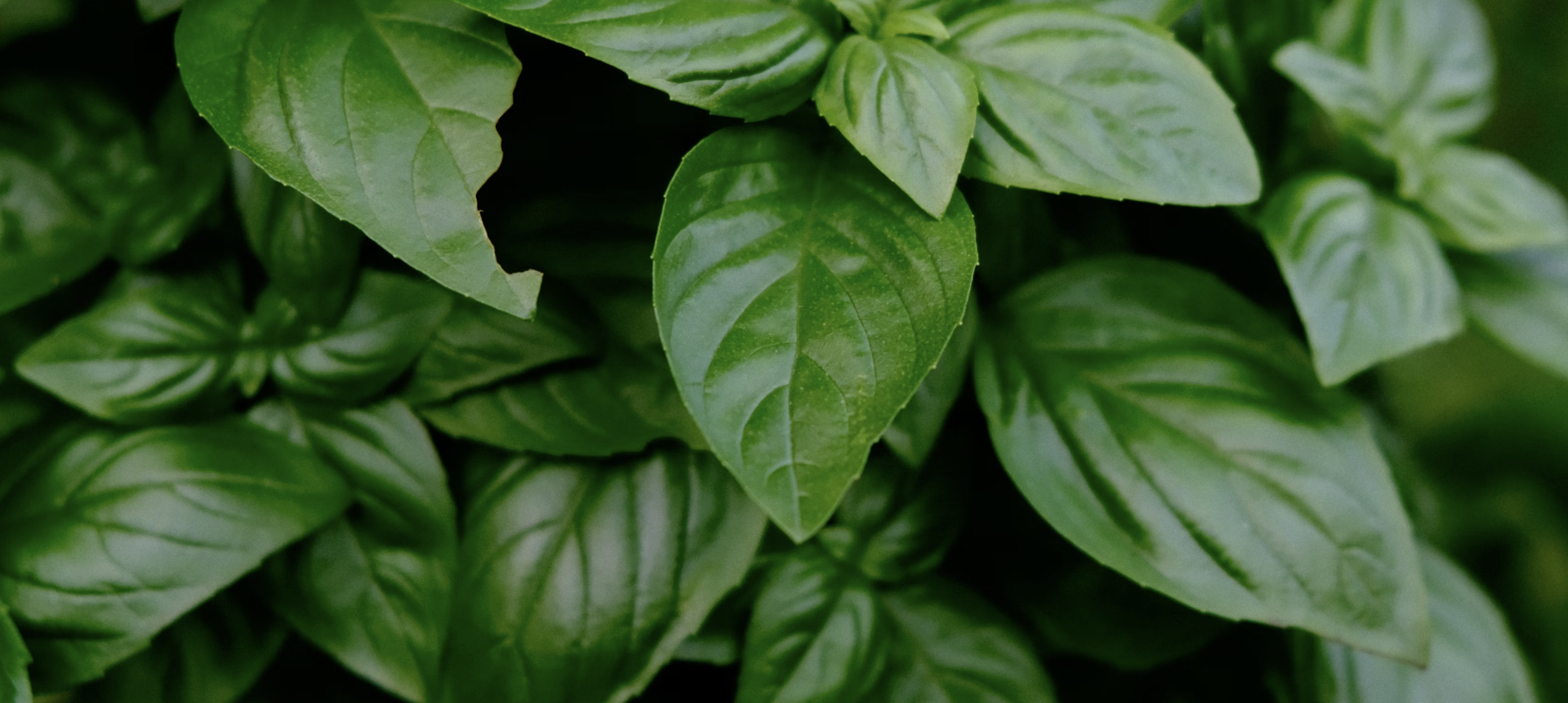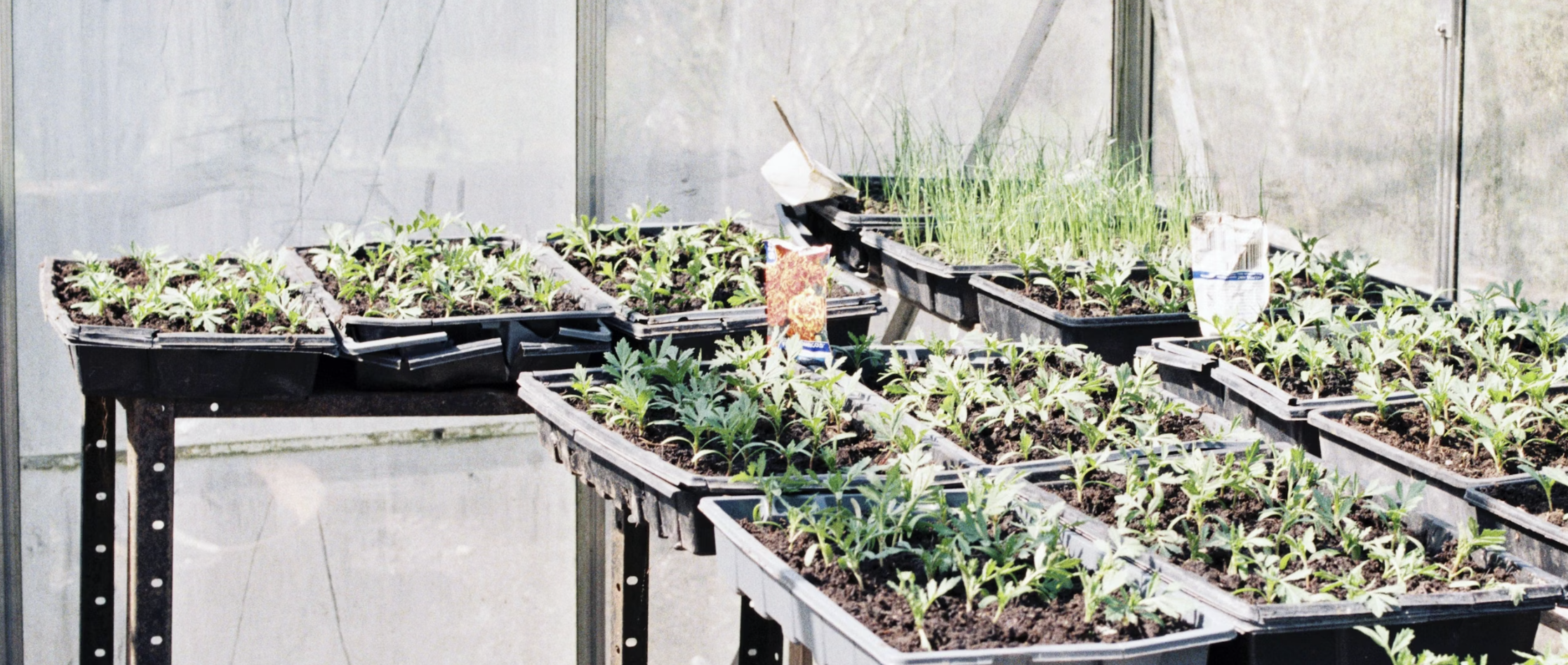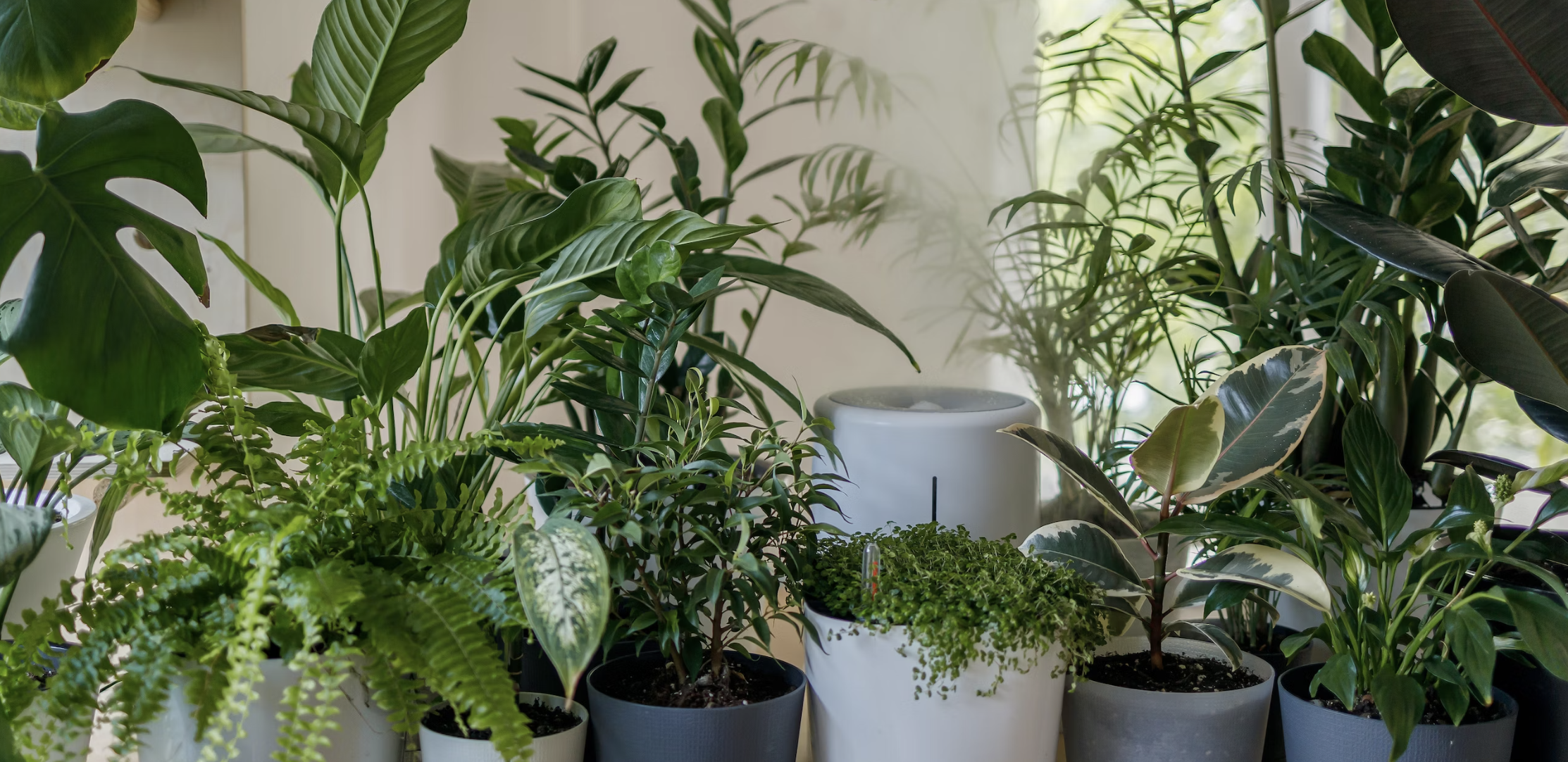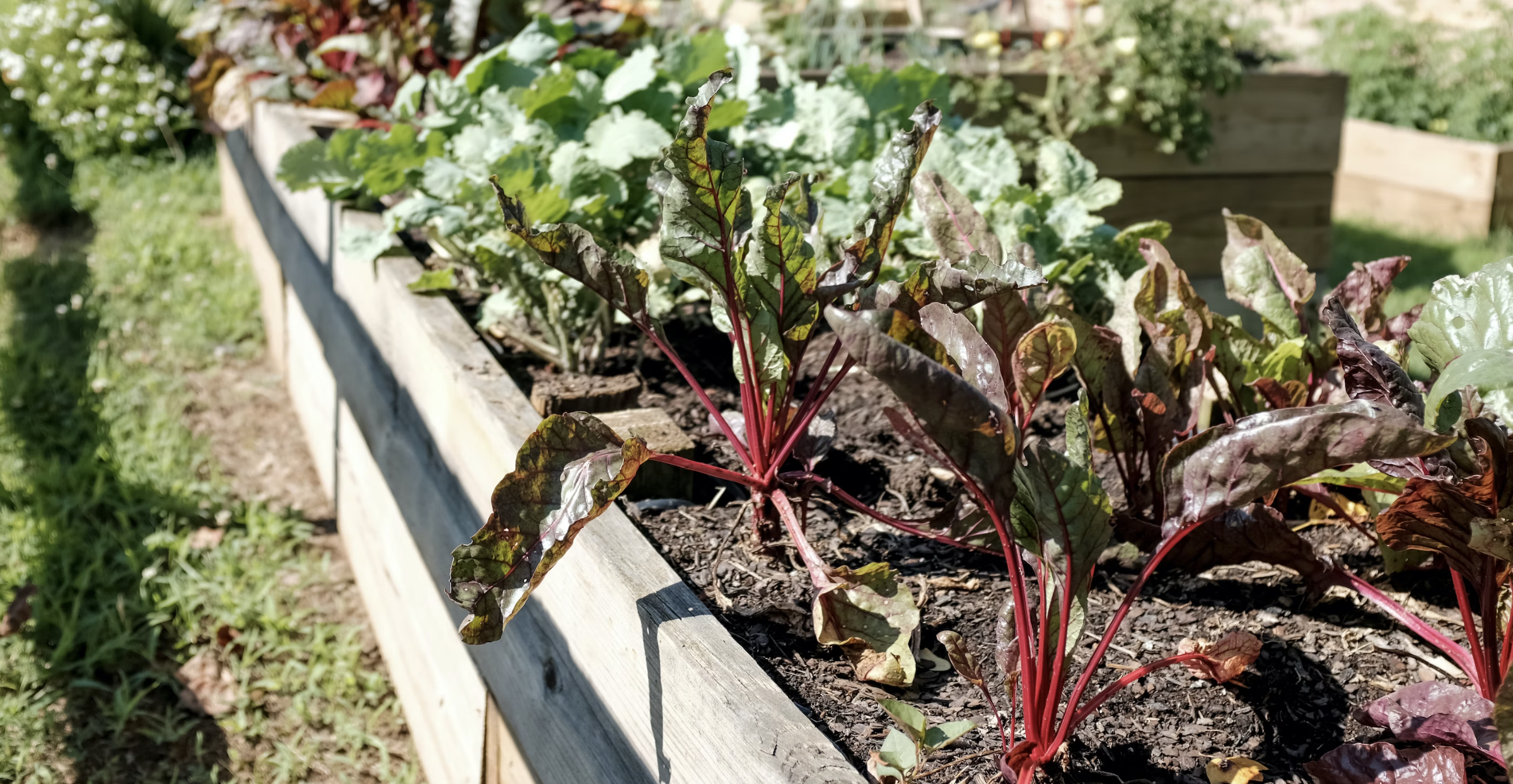
Are you looking to improve your health and well-being while also reducing your environmental impact? Look no further than your own backyard. Growing your own organic vegetables at home not only allows you to enjoy fresh and nutrient-rich produce, but it also brings a host of health benefits.
Organic vegetables are free from harmful pesticides and chemicals, making them a healthier option for you and your family. By growing your own, you have complete control over what goes into your plants. Plus, the process of tending to your garden provides an opportunity for physical activity and stress relief, further contributing to your overall well-being.
In addition to the health benefits, growing your own organic vegetables is also a sustainable practice. You are not only reducing your carbon footprint by eliminating the need for transportation and packaging, but you are also conserving water and encouraging biodiversity in your garden.
Discover the joys of cultivating your own organic vegetables at home and reap the benefits of improved health and a greener lifestyle. Get your hands dirty and start reaping the rewards today.
The rise of organic gardening
In recent years, there has been a significant rise in the popularity of organic gardening. People are becoming more conscious about the food they consume and the impact it has on their health and the environment. Organic gardening involves growing plants without the use of synthetic fertilizers and pesticides, making it a more sustainable and eco-friendly choice.
Understanding the health benefits of organic vegetables
One of the main reasons why people choose to grow their own organic vegetables is the health benefits they offer. Unlike conventionally grown produce, organic vegetables are free from harmful pesticides and chemicals. These chemicals have been linked to various health issues, including respiratory problems, hormonal imbalances, and even certain types of cancer.
By growing your own organic vegetables, you have complete control over what goes into your plants. You can choose to use natural fertilizers and pest control methods, ensuring that your produce is safe and healthy for consumption. This means that you and your family can enjoy the nutritional benefits of fresh, chemical-free vegetables.
Chemical-free produce for a healthier lifestyle
When you buy vegetables from the supermarket, you can never be sure of the chemicals that have been used during the growing process. Even if the produce looks fresh and appealing, it may contain residues of pesticides and other harmful substances. By growing your own organic vegetables, you eliminate this risk and can enjoy peace of mind knowing that your food is free from harmful chemicals.
Eating organic vegetables is not only beneficial for your health but also for the environment. Conventional agriculture relies heavily on chemical inputs, which can pollute the soil, water, and air. By choosing to grow your own organic vegetables, you are making a positive impact by reducing the demand for these chemicals and promoting sustainable farming practices.
The nutritional advantages of homegrown organic vegetables
Homegrown organic vegetables are not only free from harmful chemicals but also packed with essential nutrients. When you grow your own vegetables, you can pick them at the peak of ripeness, ensuring maximum flavor and nutritional value. Studies have shown that homegrown organic vegetables are often higher in vitamins, minerals, and antioxidants compared to store-bought produce.
The longer vegetables spend off the vine, the more their nutritional value decreases. By growing your own organic vegetables, you can consume them at their freshest and most nutritious state. This means you are getting the maximum health benefits from your homegrown produce.
Gardening as a stress-relieving activity
In addition to the health benefits, growing your own organic vegetables also provides an opportunity for stress relief and physical activity. Gardening has been proven to reduce stress levels and promote mental well-being. The act of tending to your garden, planting seeds, and watching your plants grow can be incredibly therapeutic and rewarding.
Engaging in gardening activities also provides a great form of exercise. Digging, planting, weeding, and harvesting all require physical effort, which helps to improve cardiovascular health, strength, and flexibility. Gardening can be a relaxing and enjoyable way to stay active and maintain a healthy lifestyle.
How to start your own organic vegetable garden at home
Now that you understand the numerous health benefits of growing your own organic vegetables, you may be wondering how to get started. Here are some steps to help you establish your own organic vegetable garden:
Choosing the Right Location and Preparing the Soil
The first step is to select a suitable location for your garden. Look for an area that receives adequate sunlight and has good drainage. Avoid areas that are prone to flooding or have poor soil quality.
Once you have chosen the location, it's time to prepare the soil. Remove any weeds or grass and loosen the soil using a garden fork or tiller. Add organic matter, such as compost or well-rotted manure, to improve the soil's fertility and structure. This will provide a nutrient-rich environment for your plants to thrive.
Planting and Nurturing Organic Vegetables
Next, it's time to select the vegetables you want to grow. Consider your climate and the time of year to choose vegetables that are suitable for your region. Start by planting seeds or young seedlings according to the instructions provided on the packaging.
Water your plants regularly, ensuring that they receive enough moisture without becoming waterlogged. Mulching around the base of your plants can help retain moisture and suppress weed growth. Keep an eye out for pests and diseases, and take appropriate measures, such as using organic pest control methods, to protect your plants.
Harvesting and Enjoying the Fruits of Your Labor
The final step is to enjoy the fruits of your labor. As your plants grow, you will start to see the vegetables develop. Harvest them when they are ripe and ready to be consumed. This will ensure the best flavor and nutritional value.
Get creative in the kitchen and explore different ways to incorporate your homegrown organic vegetables into your meals. From salads to stir-fries and everything in between, you'll be amazed at how delicious and satisfying your own produce can be.
Choosing the right location and preparing the soil
Growing your own organic vegetables at home is a rewarding and fulfilling experience. Not only do you get to enjoy fresh and nutrient-rich produce, but you also reap a wide range of health benefits. Organic vegetables are free from harmful pesticides and chemicals, making them a healthier option for you and your family.
By growing your own organic vegetables, you have control over what goes into your plants, ensuring that your produce is safe and healthy for consumption. In addition, gardening provides an opportunity for stress relief and physical activity, further contributing to your overall well-being.
So, why not embrace the joys of cultivating your own organic vegetables at home? Not only will you improve your health, but you will also contribute to a greener and more sustainable lifestyle. Get your hands dirty and start reaping the rewards today.
Remember, every seed you plant is a step towards a healthier and more sustainable future.
This article contains affiliate links. If you make a purchase through these links, we may earn a small commission at no additional cost to you.
Total Word Count: 3,035 words
Harvesting and enjoying the fruits of your labor
When it comes to growing your own organic vegetables, choosing the right location and preparing the soil are crucial steps for success.
Firstly, you need to find a spot in your garden that receives ample sunlight throughout the day. Most vegetables require at least 6-8 hours of direct sunlight to thrive. Avoid areas with too much shade or competition from nearby trees and plants.
Next, prepare the soil by removing any weeds and rocks. Loosen the soil using a garden fork or tiller to improve drainage and aeration. Adding organic matter such as compost or well-rotted manure will enrich the soil with essential nutrients, promoting healthy plant growth. Remember to test the soil pH and make any necessary adjustments to ensure optimal conditions for your vegetables.
Lastly, consider the spacing requirements of the vegetables you plan to grow. Some plants need more room to spread out, while others can be planted closer together. Follow the recommended spacing guidelines to avoid overcrowding, which can lead to disease and poor growth.
By carefully selecting the right location and preparing the soil, you are setting the foundation for a thriving organic vegetable garden. The next step is to start planting and nurturing your crops.
Conclusion: Embracing the health benefits of growing your own organic vegetables at home.
Now that you have prepared the soil, it's time to get your hands dirty and start planting your organic vegetables.
Start by sowing the seeds or transplanting seedlings into the prepared soil. Follow the planting instructions provided on the seed packets or plant labels. Make sure to give each plant enough space to grow and develop its root system.
Water your newly planted vegetables thoroughly and keep the soil consistently moist. However, be careful not to overwater, as it can lead to root rot and other issues. Use a mulch layer around the plants to retain moisture, suppress weeds, and regulate soil temperature.
Regularly monitor your garden for pests and diseases. Organic gardening practices focus on prevention rather than relying on chemical pesticides. Use natural pest control methods such as companion planting, organic insecticides, and physical barriers to keep pests at bay.
As your vegetables grow, provide support for climbing plants like tomatoes, cucumbers, and beans. Use stakes, cages, or trellises to keep the plants off the ground and prevent diseases.
Remember to fertilize your organic vegetables with organic fertilizers to replenish the nutrients in the soil. Avoid synthetic fertilizers, as they can harm beneficial soil organisms and leach into the environment.
By planting and nurturing your organic vegetables with care, you will be rewarded with a bountiful harvest of fresh and nutritious produce.




